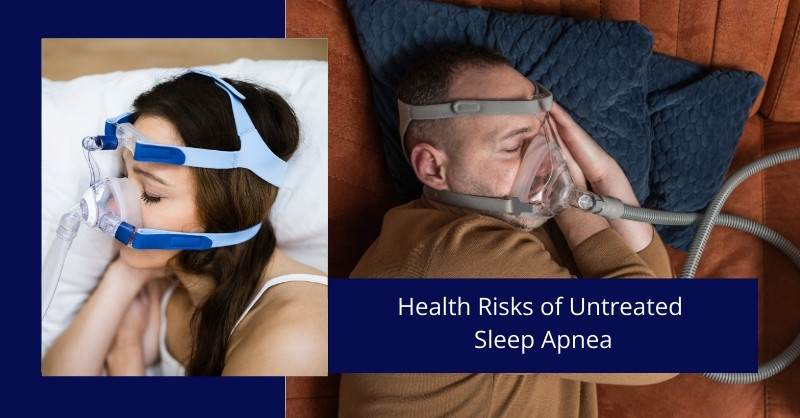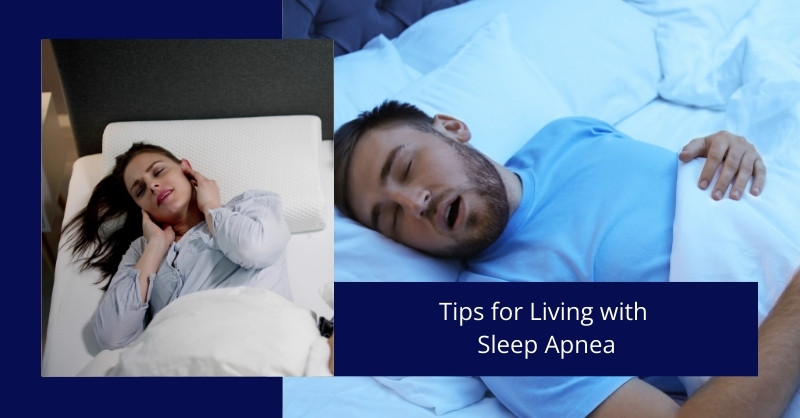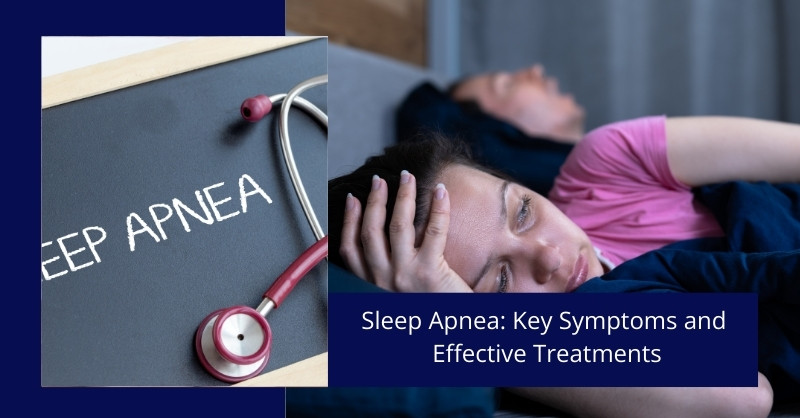Key Symptoms of Sleep Apnea
The most common symptoms of sleep apnea include:
- Loud snoring: Persistent and loud snoring is a hallmark symptom.
- Breathing pauses: These are often observed by a partner or family member.
- Excessive daytime fatigue: This is characterized by feeling tired despite getting what seems like enough sleep.
- Morning headaches: These are a common result of disrupted breathing patterns during the night.
- Difficulty concentrating: This is often linked to fragmented sleep.
- Irritability: Poor sleep quality can, in turn, negatively affect mood.
In addition to these common symptoms, other less common symptoms may include:
- Waking up with a dry mouth or sore throat
- Frequent nighttime urination
- Decreased libido or sexual dysfunction
Consequently, if you notice these symptoms, it’s crucial to consult a healthcare provider for a proper evaluation.
Types of Sleep Apnea
Understanding the different types of sleep apnea helps tailor treatment options:
Obstructive Sleep Apnea (OSA)
This is the most common form and is caused by a blockage of the airway. Often, OSA is linked to obesity and relaxation of throat muscles during sleep. Consequently, symptoms include loud snoring and gasping for air.
Central Sleep Apnea (CSA)
In contrast to OSA, CSA is caused by the brain’s inability to send proper signals to the muscles that control breathing. As a result, CSA is often associated with other underlying health conditions such as heart failure.
Complex Sleep Apnea Syndrome
Finally, Complex Sleep Apnea Syndrome is a combination of both OSA and CSA, therefore requiring specialized care.
Causes and Risk Factors
Several factors contribute to the development of sleep apnea:
- Obesity: Excess fat around the neck can physically block the airway.
- Age: Sleep apnea is more common in individuals over 40.
- Gender: Men are at a higher risk than women.
- Family history: A genetic predisposition can increase the likelihood of developing sleep apnea.
- Lifestyle habits: Smoking, alcohol use, and poor sleeping positions can exacerbate symptoms.
- Nasal congestion: Chronic congestion or allergies can further narrow the airways.
Therefore, addressing these risk factors can potentially reduce the severity of sleep apnea.
Health Risks of Untreated Sleep Apnea

Untreated sleep apnea poses several significant health risks, including:
- Heart disease: This includes an increased risk of heart attack and stroke.
- High blood pressure: This is a common complication of the disrupted breathing patterns associated with sleep apnea.
- Diabetes: Sleep disorders can worsen insulin resistance, therefore increasing the risk of type 2 diabetes.
- Depression: Poor sleep quality significantly impacts mental health.
- Memory issues: Chronic sleep deprivation impacts cognitive functions, such as memory and concentration.
- Accidents: Daytime drowsiness significantly increases the risk of both workplace and vehicular accidents.
Therefore, early detection is key to avoiding these serious complications. Consequently, seeking timely medical intervention is absolutely essential.
Diagnosing Sleep Apnea
Sleep apnea is typically diagnosed through a combination of:
- Medical history: This involves discussing symptoms and risk factors with a doctor.
- Sleep study (polysomnography): This is a comprehensive test that monitors breathing, oxygen levels, heart rate, and brain waves during sleep.
- Home sleep tests: These offer convenient alternatives for some patients.
Consequently, a proper diagnosis ensures effective treatment planning and helps minimize the risks associated with untreated sleep apnea.
Treatment Options
Effective treatments can significantly alleviate sleep apnea symptoms and improve overall health. Depending on the severity of the condition, options include:
Lifestyle Changes:
- Maintain a healthy weight.
- Avoid alcohol and smoking.
- Sleep on your side rather than your back.
- Engage in regular exercise to enhance both breathing and cardiovascular health.
Continuous Positive Airway Pressure (CPAP):
This involves using a machine that delivers steady air pressure to keep the airways open during sleep. Consequently, consistent use of a CPAP machine improves sleep quality and significantly reduces health risks.
Oral Appliances:
These are custom-made devices that reposition the jaw to improve airflow. Therefore, they are often ideal for mild to moderate sleep apnea cases.
Surgery:
This involves procedures to remove obstructions or reposition airways in severe cases. For example, this includes procedures like uvulopalatopharyngoplasty (UPPP) and maxillomandibular advancement.
Alternative Therapies:
- Nasal strips or nasal dilators can help reduce airway resistance.
- Positional therapy encourages side-sleeping.
- Yoga and specific breathing exercises can help strengthen respiratory muscles.
Tips for Living with Sleep Apnea

Managing sleep apnea effectively requires consistency and awareness. Here are some helpful tips:
- First and foremost, stick to the treatment plan prescribed by your doctor.
- Furthermore, use your CPAP machine nightly if recommended.
- In addition, practice good sleep hygiene by maintaining regular bedtimes and wake times.
- Moreover, staying active can improve overall health and help manage sleep apnea symptoms.
- It’s also important to monitor your symptoms and schedule regular checkups with your doctor.
- Finally, staying hydrated and maintaining a balanced diet can help reduce inflammation.
- Additionally, address any allergies or nasal congestion promptly to keep your airways clear.
FAQs About Sleep Apnea
- Can children develop sleep apnea?
Yes, children can develop sleep apnea, often due to enlarged tonsils or obesity. Therefore, it’s important to consult a pediatrician for a proper evaluation. - Is snoring always a sign of sleep apnea?
Not necessarily. While snoring is a common symptom of sleep apnea, not all snorers have the condition. - Can sleep apnea be cured?
While lifestyle changes and treatments can effectively manage symptoms, there’s currently no universal cure for sleep apnea. Therefore, consistency in treatment is crucial for long-term management. - Are there natural remedies for sleep apnea?
Weight loss, positional therapy, and exercises to strengthen the throat muscles can complement medical treatments and help manage symptoms. - How does untreated sleep apnea affect daily life?
Untreated sleep apnea can lead to chronic fatigue, decreased productivity, and strained relationships due to poor sleep quality.

Conclusion
Recognizing sleep apnea symptoms early is vital for maintaining your health and overall well-being. Therefore, if you suspect you have sleep apnea, seeking professional guidance is crucial. By addressing risk factors and consistently following an effective treatment plan, you can significantly improve your quality of life and reduce potential health risks. Ultimately, don’t let sleep apnea disrupt your daily life—take action today.



